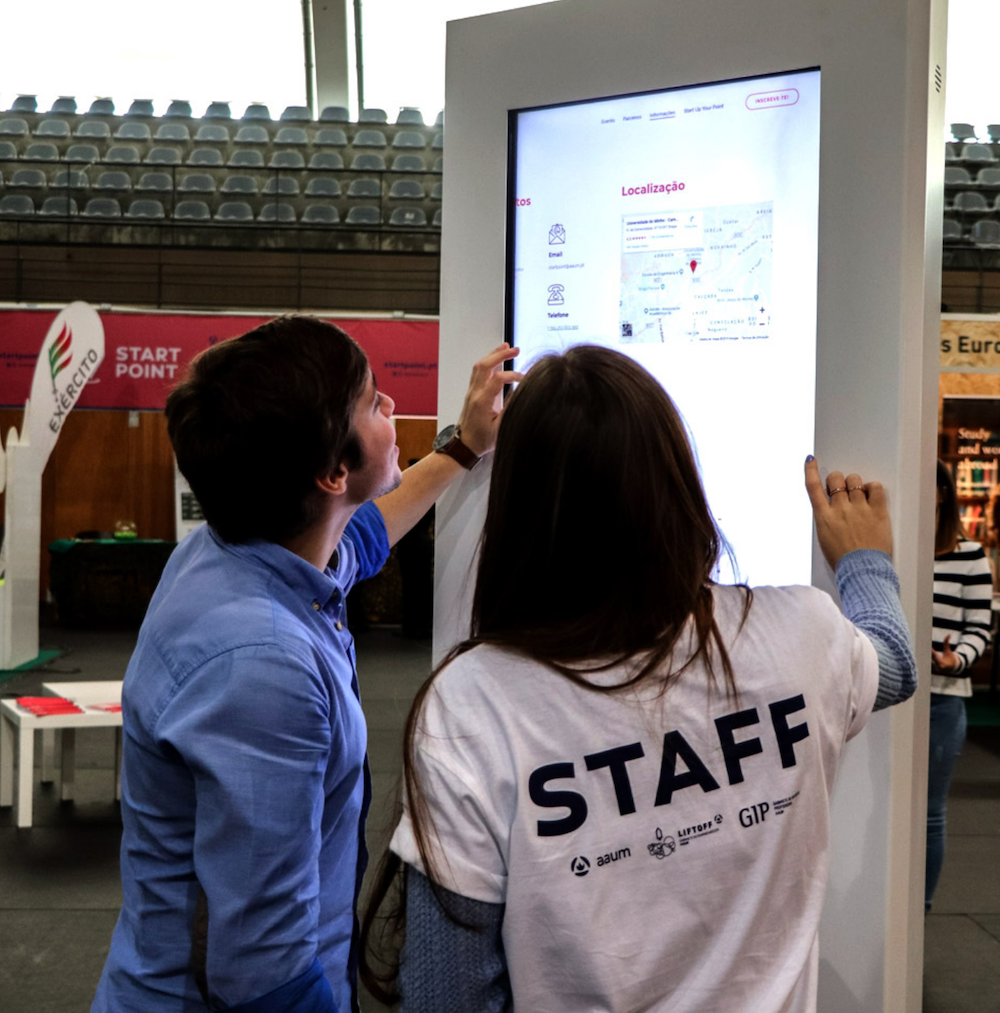
Stay focused on what your customers really need. Not what you think they need
March 15, 2020
We need to start thinking more holistically about customer experience
March 23, 2020We are moving from a ticketing age to a conversational age – Interview with Mads Fosselius of Dixa
Today’s interview is with Mads Fosselius, CEO of Dixa, a global customer service tech company that is on a mission to help brands build friendships with their customers, break down technology silos and eliminate bad customer service. Mads joins me today to talk about ticketing, why we are moving into a conversational age, what’s wrong with many ticketing systems and what we should be thinking about when it comes to improving customer experience.
This interview follows on from my recent interview – Corporate transformation will soon switch from digital to purpose – Interview with Mark Curtis of Fjord – and is number 335 in the series of interviews with authors and business leaders that are doing great things, providing valuable insights, helping businesses innovate and delivering great service and experience to both their customers and their employees.
Here’s the highlights of my chat with Mads:
- We are moving from the ticketing age to conversational age.
- This shift started to happen 4-5 years ago with the emergence and massive increase in the use of applications like Facebook Messenger, WhatsApp and WeChat.
- However, messaging is a still a small channel when it comes to customer service, particularly when you compare it to the phone – 50-55% of the world’s customer engagement still happens on the phone.
- But, messaging are the fastest growing category of channels.
- In a conversational age, you need a conversational platform to engage with your customers. Mads believes that the platforms of the big, existing ticketing players don’t quite cut it. Tickets and ticketing are not conversational.
- The Conversational Age is not just about the message or messaging. A phone call or an email is also part of a conversation.
- Messaging is still only about 10 to 15% of contact volume, on average. However, there are some fintech brands where 80% of their contact volume is messaging.
- We mustn’t forget the agent experience in all of this as that enables the customer experience.
- Dixa’s software unifies conversations across email, chat, messaging and the phone in one platform that allows for a better agent and thus customer.
- Staying channel neutral allows them to eliminate tickets and inboxes and use utilize intelligent routing instead to make sure the right query gets to the most suitable agent.
- The algorithms that power their intelligent routing system leverage data from everything from previous conversations to existing CRM, Ecommerce and other data sources to automatically route customers to the best suited available agent, regardless of the channel they reached out on.
- When Interflora implemented Dixa’s system they were able to move from using a number of different systems operating in siloes to one unified solution for phone, email and chat. This allowed them to increase the number of orders processed (+10%) and reduce both their abandonment rate (-22%) and average wait time (-46%).
- Mads goes on to share other examples in our conversation.
- As more and more repetitive and simple tasks get automated the job of an agent will rise in complexity. That will make it a much more attractive and interesting job. It’ll also make it much more valuable to an organisation as a whole too.
- Customer service/support is probably the most important division or team in any organisation. But, not everyone gets that yet. That’s a big mind shift for people.
- Mads’ best advice on where to start: Ask yourselves……What is your philosophy of customer service, what is your strategy and where do you want to go?
- Mads’ Punk CX word: Revolutionary
- Mad’s brand that epitomises the ethos of Punk CX: Airbnb
About Mads
 Mads is a serial entrepreneur with 20+ years of experience in customer service software industries. He co-founded Dixa in 2015, with an aim to empower customer-centric leaders and their teams in people-first brands to build stronger bonds with their customers. Mads was brought on as CEO in January 2018 and quickly led the company to hyper-growth, closed 2 successful funding rounds and grew the team from 10 to 120+ people across offices in Copenhagen, London, Berlin and Kyiv.
Mads is a serial entrepreneur with 20+ years of experience in customer service software industries. He co-founded Dixa in 2015, with an aim to empower customer-centric leaders and their teams in people-first brands to build stronger bonds with their customers. Mads was brought on as CEO in January 2018 and quickly led the company to hyper-growth, closed 2 successful funding rounds and grew the team from 10 to 120+ people across offices in Copenhagen, London, Berlin and Kyiv.
Find out more at Dixa.com, say Hi to them and Mads on Twitter @DixaApp and @MFosselius and feel free to connect with Mads on LinkedIn here.
Image by slightly_different from Pixabay




